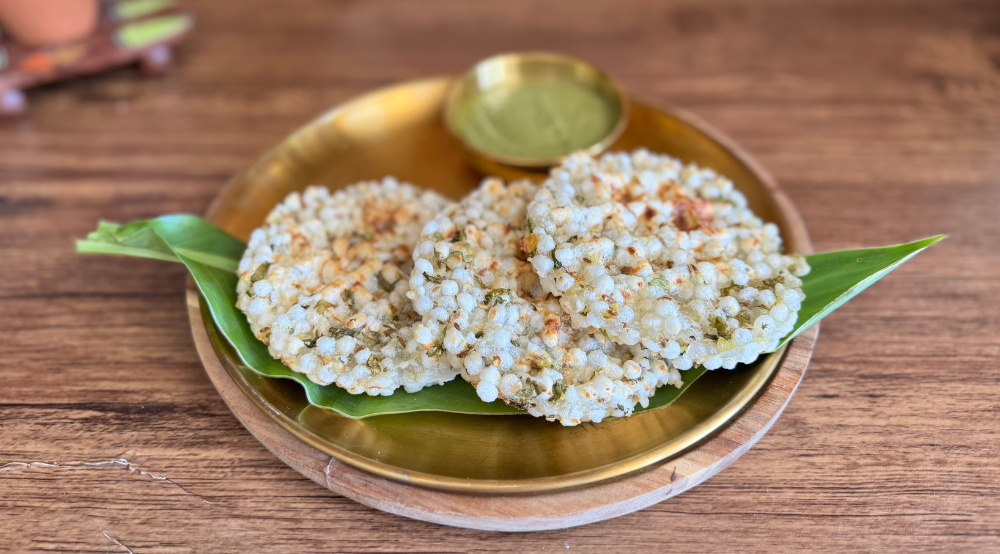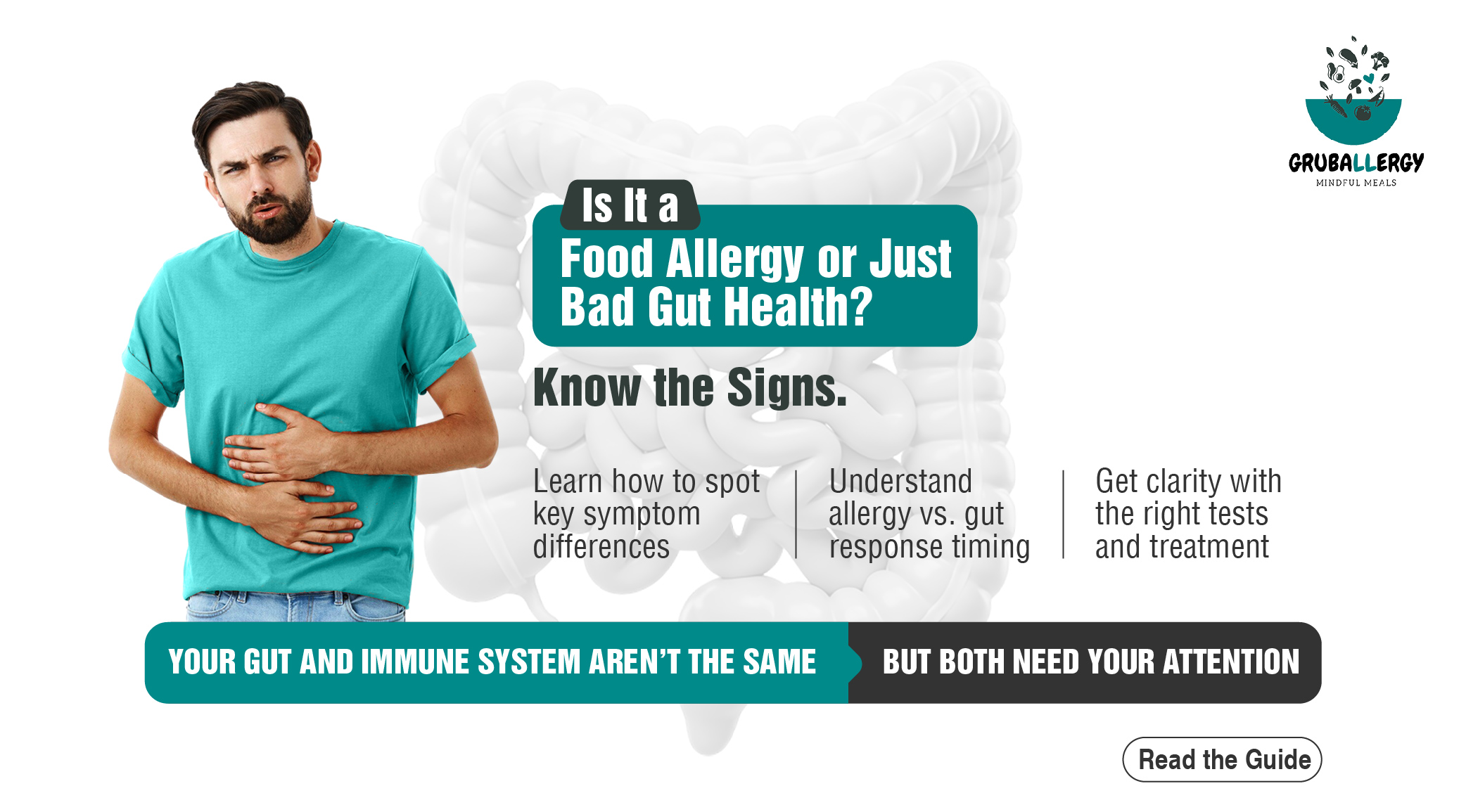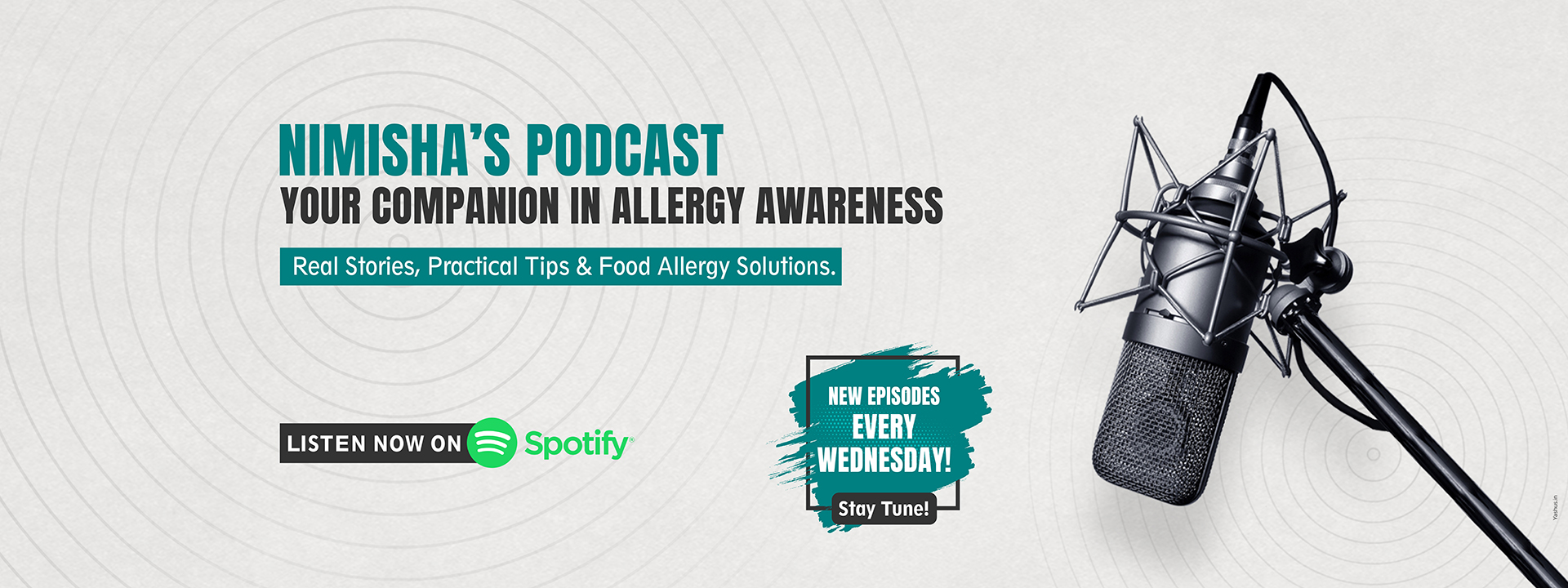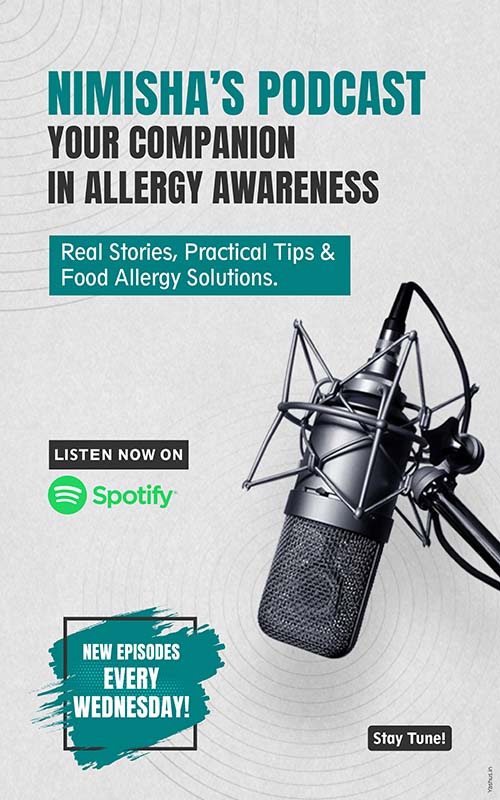Veganism as a lifestyle is on the rapid rise. Every day more and more people are turning up to the vegan diet, and the reason behind it is the mind-boggling benefits. But transforming your existing lifestyle into veganism might hang you around with some confusion. You might confuse eating more vegetables and less meat with a vegan diet. However, there is so much more to know about a vegan diet to start in the right way. Here is a quick guide to beginning your vegan diet in a well-planned way.
1. Replace meat with more vegetables in your meal
A vegetable-rich meal keeps your calories in check and maintains your vitamin and mineral intake to a great extent.
2. Introduce alternatives for dairy products
Make sure to add varieties of dairy alternatives like soy milk and almond milk to your diet to obtain all your nutrients.
3. Avoid processed grains
To make it a whole-grain meal, consider adding refined grains like white bread and white pasta with quinoa and brown rice.
4. Discover more plant-based proteins
Discover many plant-based and vegan proteins like tofu, lentils, tempeh, chickpeas, edamame (soybeans), beans, and more to introduce into your diet.
5. Look for healthy vegan food.
There are many vegan products in the market that are not necessarily healthy. But you can cook your own food by sticking to whole, nutritious vegan foods.
6. Replace fish-based Omega-3s
Fulfil your two types of Omega-3 intakes, like DHA and EPA, from flaxseed, walnuts, canola oil, soymilks, and breakfast bars.
7. Take enough B12
Vitamin B12 is no longer a hard-to-find ingredient for vegans. You can fulfil your vitamin B12 intake from fortified cereal and energy bars. If you do not mind you can take a pill to cover your B12 requirements.
8. Push your iron intake
Vegans no longer need to struggle with iron intake as there are iron-rich food sources like lentils, spinach, beans, Swiss chard, and blackstrap molasses.
9. Add adequate Vitamin D
Make sure that your body gets enough Vitamin D from sources like soy or almond milk, orange juice, and UV-exposed mushrooms.
10. Keep researching for more alternatives to add
Always research for more alternatives to add, as there is so much more you can experiment with your vegan diet.
Before starting with a vegan diet, you must consider preparing a well-defined diet plan for yourself. The plan should cater to all your protein and vitamin intakes so that you are less reliant on processed food. So, start your vegan lifestyle in the best way possible by keeping some beginner tips in mind. Make your diet as healthy as your body needs it!



(1).png)




.png)



